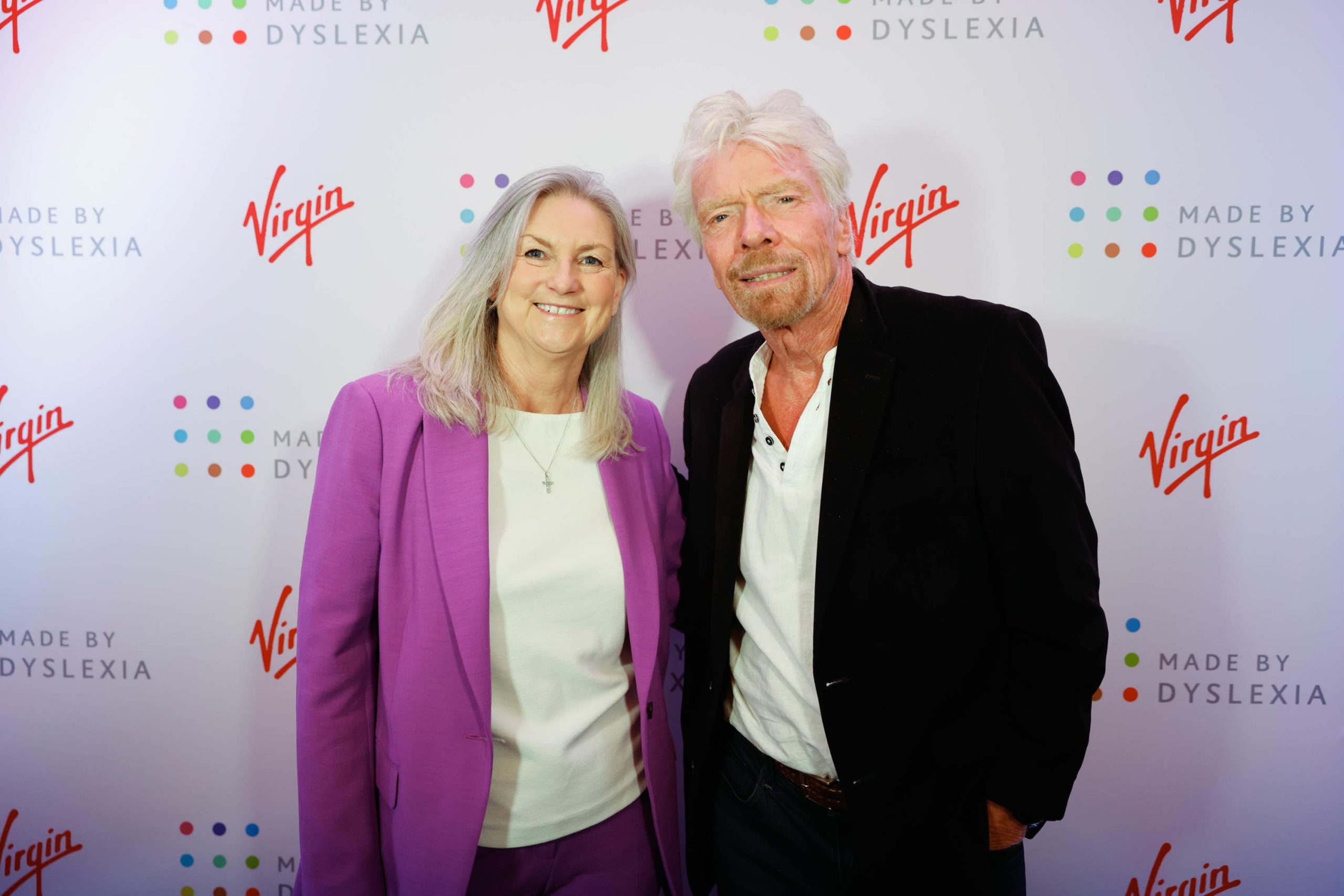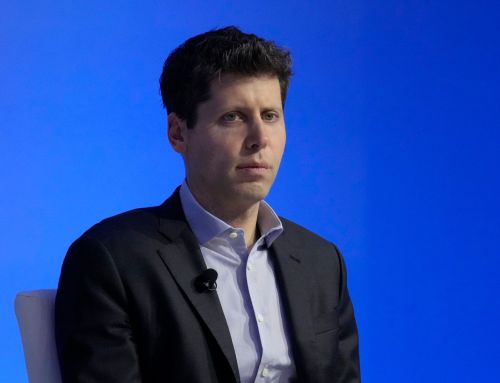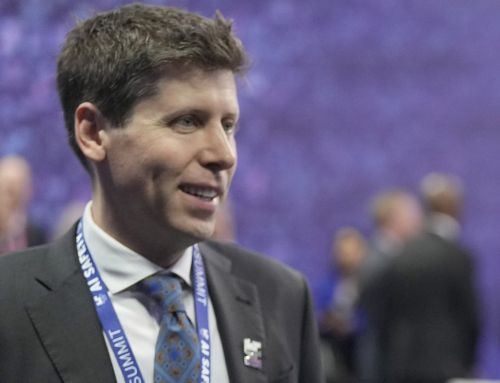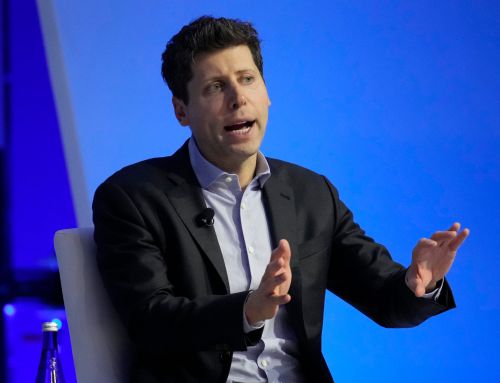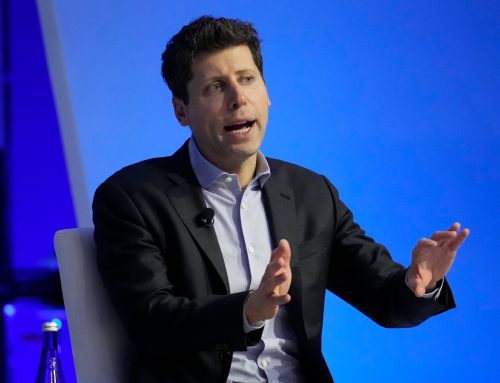Artificial Intelligence (AI) and dyslexia are a “powerful combination”, Sir Richard Branson has said as part of a campaign to promote the potential of dyslexic people in the workplace.
The 72-year-old businessman has joined forces with global charity Made By Dyslexia to launch DyslexAI, a campaign that calls upon businesses to commit to undertaking free workplace training so that they can unlock the potential of dyslexic employees.
Speaking to the PA news agency, Sir Richard said he believes that AI is “particularly useful” for people with dyslexia.
“I think for dyslexic people, or people with ADHD, it is particularly useful,” he said.
“It’s a powerful combination. AI is the perfect co-pilot for people with dyslexic skills.”
As part of the campaign, Made By Dyslexia and Sir Richard’s company Virgin, have released a video asking AI to think like famous dyslexic thinkers.
They argue that the video shows that, while impressive, AI cannot replicate the insight and innovation of people with dyslexia.
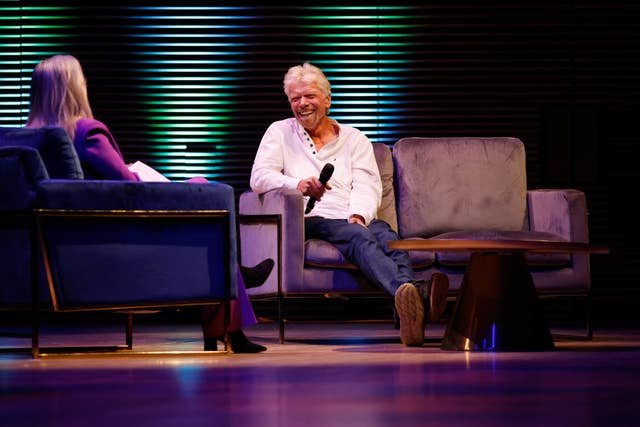
Instead, they believe that AI and dyslexic thinking can be combined.
Last year, Sir Richard and Made By Dyslexia collaborated with LinkedIn to recognise dyslexic thinking as a valuable skill.
Made By Dyslexia’s founder Kate Griggs said that “thousands” of people had since signed up to having dyslexic thinking as a skill on their LinkedIn profile.
“We launched dyslexic thinking as a skill on LinkedIn a year ago, thousands of people have signed up,” she said.
“It’s the most amazing way to help the world to understand dyslexia as a skill by having it on on a platform where everybody celebrates their skills.”
Sir Richard, who added the skill to his LinkedIn profile, said it was a “brilliant idea”.
“I’ve met so many kids over the years who’ve been dyslexic, and and now when I meet kids, instead of them being down about it, they are proud about it and they see it as a superpower,” he said.
“They have to struggle to get through math, reading, the absolute basics at school.
“But once they’re through that they can use their superpower which is their creativity and the fact that they will excel at other things to really flourish in life.”
Sir Richard said that while he struggled in school because of his dyslexia, he believed that it had made his career.
“Well I think it’s sort of made my career, really,” he said.
“If I go back to when I was a 15-year-old and I couldn’t do the sort of basic school stuff, because my brain wasn’t wired for conventional learning of things that I wasn’t interested in.
“So I left school to start a magazine – which is quite bizarre for somebody who’s dyslexic – to campaign against the Vietnamese War, to campaign against the way we were taught at schools, to try to put the world right.”
He said he would not have left school to start his first business if he had not been dyslexic.
“First of all, if I hadn’t been dyslexic, I wouldn’t have left school to do it,” he said.
“Secondly, I was dyslexic, I had to be a very good delegator and surround myself with great people, I had to become a great listener.”
He said that his dyslexia meant that he was able to “see the bigger picture”.
“I could see the bigger picture, and I was willing to shoot for the skies,” he said.
“From starting a magazine to starting a record company, then getting the brand going on a global basis, and the airline industry was pretty awful in those days – to start an airline – just thinking differently, perhaps, than people who weren’t dyslexic.”
Made By Dyslexia’s free training will be available on LinkedIn learning later this year.
